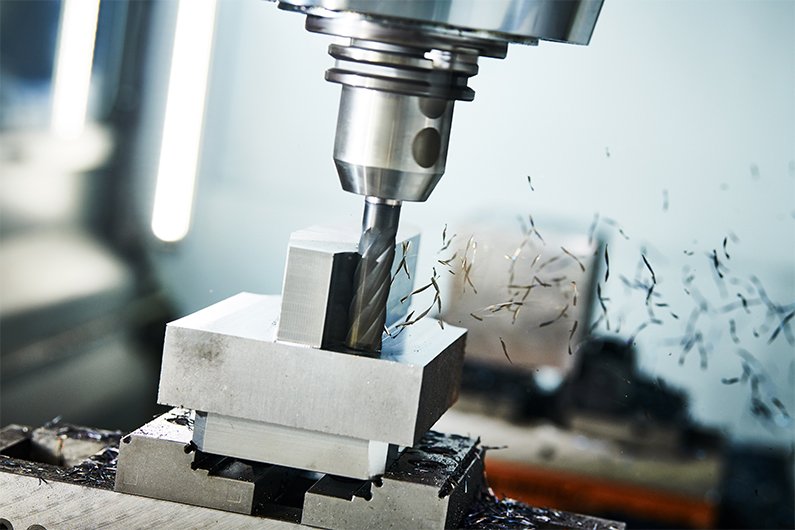Introduction
Machined casting is a manufacturing process that combines the advantages of both casting and machining to create complex and high-quality components. This technique has gained significant importance in various industries due to its numerous advantages and wide range of applications. In this article, we will delve into the advantages and applications of machined casting.
Advantages of Machined Casting
1. Design flexibility: Machined casting allows for intricate and complex designs that are difficult to achieve with other manufacturing processes. It enables the production of parts with intricate shapes, undercuts, and thin walls, providing designers with more freedom and flexibility in their designs.
2. Cost-effective: Machined casting offers cost savings compared to other manufacturing methods, such as forging or machining from solid blocks. The process reduces material waste, as it only requires the precise amount of material needed to create the component. Additionally, it eliminates the need for additional machining operations, resulting in reduced labor costs.
3. Material versatility: Machined casting can be performed using a wide range of materials, including metals, alloys, and even composites. This versatility allows for the production of components with specific properties, such as high strength, corrosion resistance, or heat resistance, depending on the material used.
4. Improved mechanical properties: Machined casting produces components with superior mechanical properties compared to those produced by other methods. The casting process eliminates internal voids and porosity, resulting in parts with increased strength and reduced risk of failure.
5. Time-efficient: Machined casting saves time in the production process as it combines both casting and machining operations. By combining these two processes, manufacturers can reduce their overall production time and deliver finished components faster.
Applications of Machined Casting
1. Automotive industry: The automotive industry extensively uses machined casting for various components, including engine blocks, cylinder heads, transmission housings, and brake calipers. Machined casting allows for the production of lightweight yet durable components, improving fuel efficiency and overall vehicle performance.
2. Aerospace industry: Machined casting finds widespread application in the aerospace industry for critical components such as turbine blades, aircraft engine casings, and landing gear components. The process ensures the production of high-strength parts with complex geometries that meet the stringent requirements of the aerospace sector.
3. Medical industry: Machined casting plays a vital role in the medical field, particularly in the production of orthopedic implants, prosthetics, and surgical instruments. This manufacturing process enables the creation of custom-made components that perfectly match the unique requirements of each patient.

4. Energy sector: Machined casting is widely utilized in the energy sector, including applications in power generation, oil and gas, and renewable energy. Components such as turbine wheels, impellers, and pump casings can be produced efficiently and with high precision using machined casting techniques.
5. Industrial machinery: Many industrial machinery components, such as gears, pulleys, and valves, are manufactured using machined casting. This process allows for the production of robust, reliable, and precise parts that can withstand heavy loads and harsh operating conditions.
Conclusion
Machined casting offers numerous advantages and finds applications in diverse industries. The combination of casting and machining provides designers with design flexibility, cost savings, and improved mechanical properties. From automotive and aerospace to medical and energy sectors, machined casting plays a crucial role in the production of complex components. With continuous advancements in technology, machined casting is expected to further revolutionize the manufacturing industry by enabling the production of even more intricate and high-performance parts.
-

- Magnesium alloy die-casting Auto parts headlight frame
-

- Magnesium alloy bike parts & componenets for kid’s push bike
-

- Magnesium alloy die-casting Auto parts Front bumper Anti-collision beam
-

- Magnesium alloy die-casting LED display frame
-

- OEM die-casting components & parts
-

- Magnesium alloy die-casting electric vehicle mid-mounted motor housing

 0086-750-5616188
0086-750-5616188 +86 13392089688
+86 13392089688 sales@zhongmei-tech.com
sales@zhongmei-tech.com







